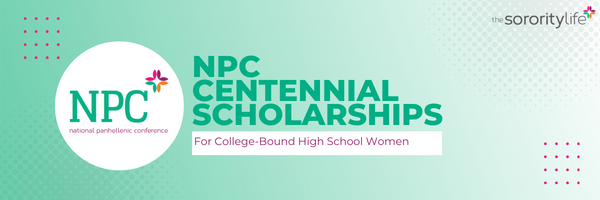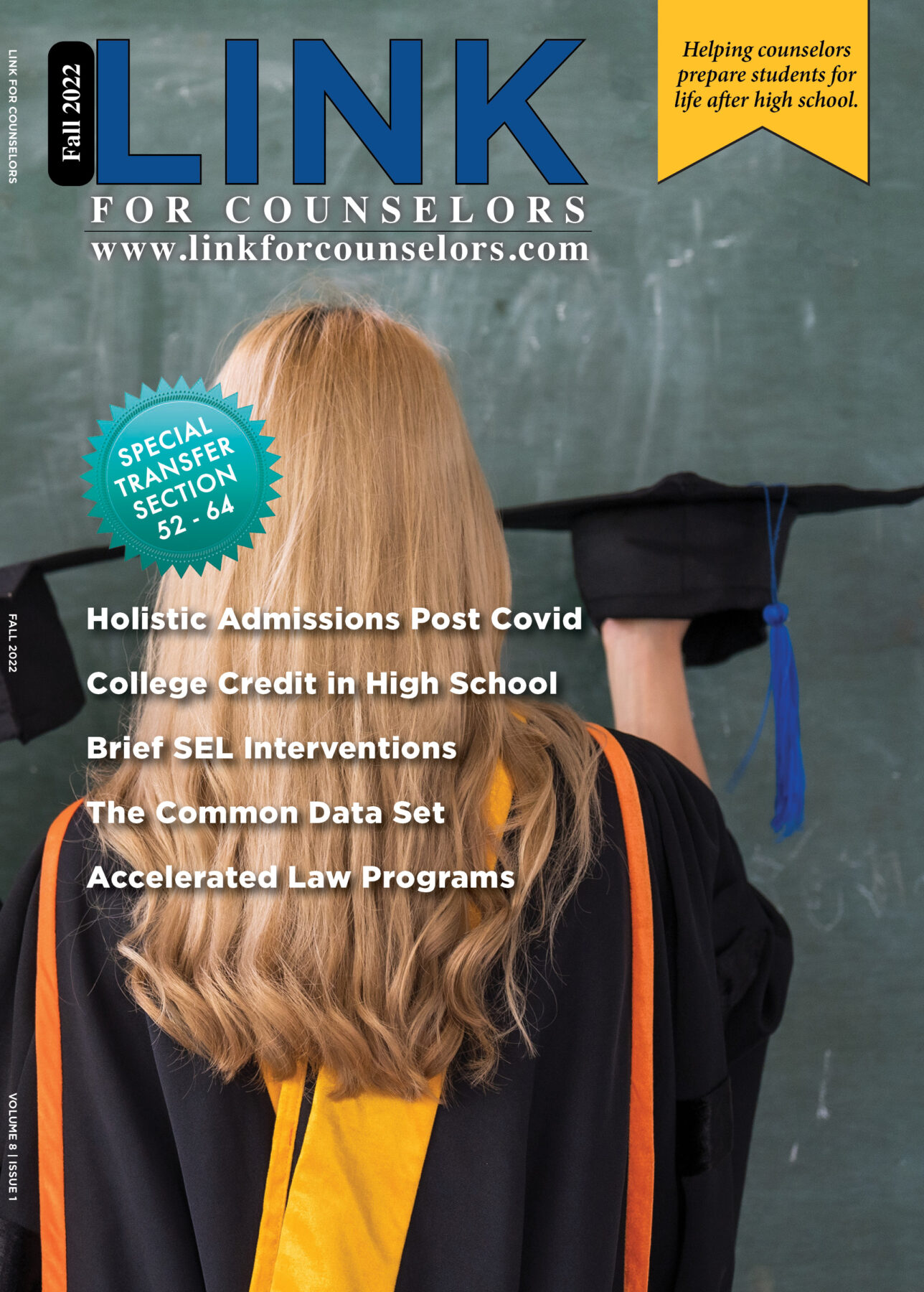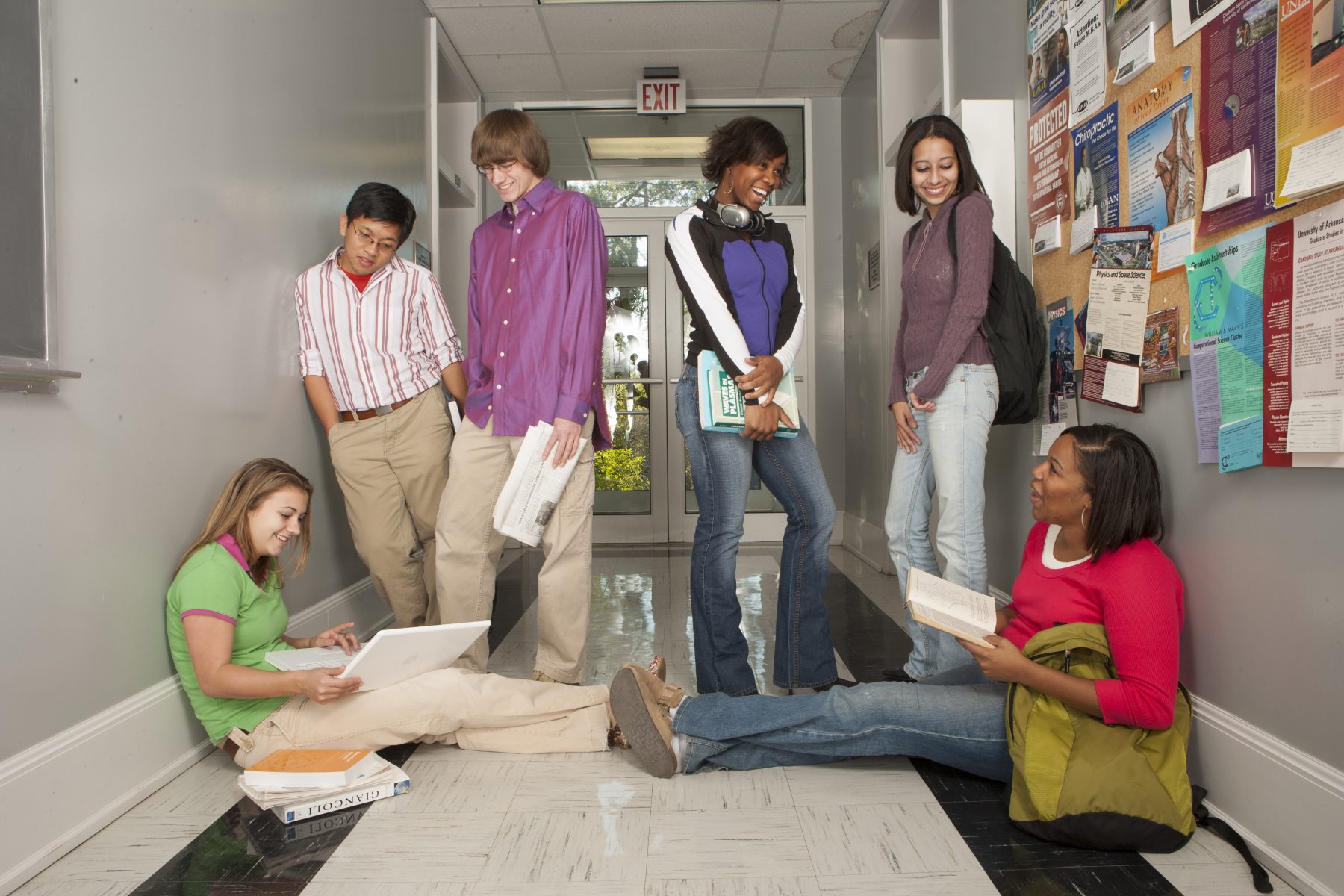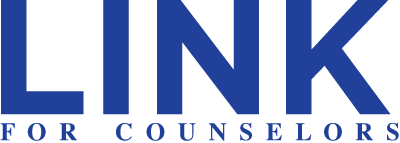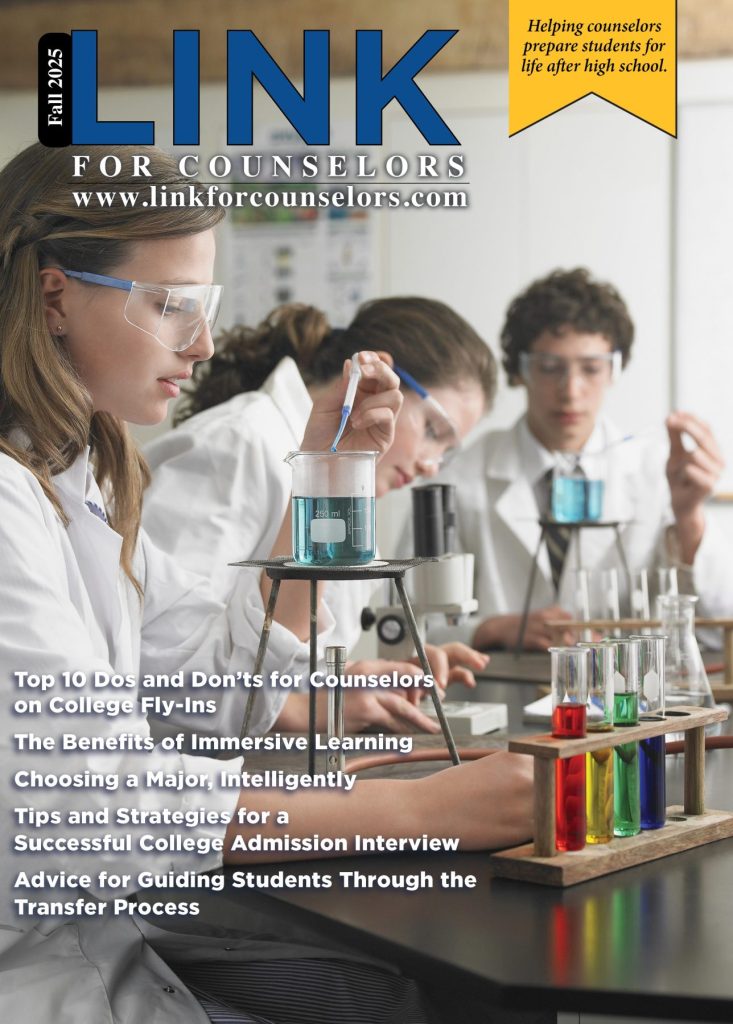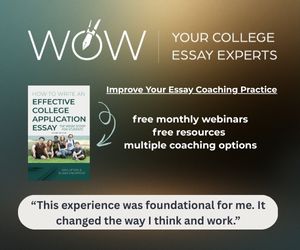You may be scratching your head – executive function skills? Taken literally, the term seems to refer to something beyond a child’s immediate realm, and hardly something that needs improvement now. Wouldn’t ‘executive’ function skills be better suited to briefcase-carrying corporate professionals? Actually, everyone would benefit from improved Executive Function Skills – especially children.
By definition, executive function is a combination of skills and behaviors that we all use – on a daily basis – to focus our attention, plan, simultaneously manage multiple tasks, and achieve goals. Someone with poor Executive Function Skills (EFS) may find it difficult to focus, pay attention, follow directions, and get things done. Children with these challenges often have difficulty in school.
These skills begin emerging in early childhood and continue to develop into early adulthood. Much like walking, talking, reading, and other milestone skills, EFS develops at different times in every child. However, if children cultivate strong executive function skills now, they will benefit throughout their lives.
Jason Robinovitz, Chief Operating Officer of Score At The Top Learning Centers and Score Academy, says that it’s never too early – or too late – to strengthen your Executive Function Skills and help your children develop theirs.
“Executive function includes a long list of skills with inter-related themes,” he said. “They involve planning, time management, organization, and memory. They’re the four domains of EFS that you can work on to augment and improve now, and you’ll be a better – and happier student and person when you do.”
The ABCs of Executive Function Skills
Although many people with learning disabilities struggle with Executive Function Skills, poor executive function is not considered a disorder – and not everyone who struggles with EFS has a learning disability.
To clarify the concept of EFS, here are its 12 facets explained in relatively simple terms:
Fact 1. Planning and Prioritizing
Determining the appropriate order for accomplishing multiple tasks, then completing them so that the most time-critical assignments and tasks are tackled first, and multiple-component tasks are done in a logical order.
Fact 2. Time Management
Effectively allocating time for schoolwork, extracurricular activities, friends, family, part-time jobs, sports, and other commitments.
Fact 3. Task Initiation
Overcoming procrastination in order to begin a necessary task.
Fact 4. Organization
Keeping track of all necessary materials at home and in school, managing digital data, and efficiently organizing ideas and information to complete homework, study for tests, and write essays and research papers.
Fact 5. Working Memory
The information we hold in our brains temporarily to relate to other information and complete tasks that require thinking and making connections. For example, we use working memory to temporarily remember an address to enter it into our GPS, or to perform mental math.
Fact 6. Metacognition
Metacognition literally means “thinking about thinking.” It involves reflecting on your own and having awareness of your thought process, and what drives your good – and poor – academic-related choices.
Fact 7. Response Inhibition
The ability to inhibit our responses to distractions, or ignore distractions in our environment so that we can focus on the task at hand.
Fact 8. Cognitive Flexibility
Shifting between tasks and goals and handling multiple tasks simultaneously – being able to adapt our thinking and behavior to the situation.
Fact 9. Goal-Directed Persistence
Remaining focused on a goal and completing it without getting off track or becoming distracted by interruptions or other outside stimuli.
Fact 10. Sustained Attention
Properly directing our attention and maintaining focus – particularly when tasks are lengthy and/or have multiple components.
Fact 11. Disengagement of Attention
The ability to shift and reengage our attention from one focus to another.
Fact 12. Regulation of Processing Speed
Being able to regulate the time it takes you to complete a mental task or process new information.
Strategies To Improve EFS
If your child experiences difficulty with one or more EFS, don’t worry. There are a variety of tried-and-true methods to improve Executive Function Skills and help your child stay focused in school and at home. Here are some easy ones to consider and adopt:
- Using calendars, checklists, and ‘to-do’ lists that indicate ‘start-by’ and ‘complete by’ dates can help students plan and organize their time.
- Establishing daily routines – and sticking to them – can get your kids into the habit of accomplishing tasks in an orderly fashion.
- Breaking complicated tasks or lengthy assignments into smaller, more manageable segments makes goals more attainable and less overwhelming.
- Writing due dates at the top of assignments (and highlighting the dates) serves as an effective deadline reminder.
Phone-Friendly
Your smartphone gives you access to a variety of organizational tools in the palm of your hand, including calendars, task lists, notepads, built-in video and voice recorders, and more. You and your child can download effective apps to support strong EFS, in addition to the ones already built into your phone.
Additional Online Tools
You can also utilize a variety of online organizational tools including Google Drive for file storage, Google Keep (a free note-taking app), and countless others. Research the available online options to find apps that meet your child’s particular EFS needs.
A Place For Everything
Minimize clutter and ensure that your child puts belongings away in designated places so that everything can be easily located when needed. For even greater organization, create folders, label supplies, and color code items (using a different color binder for each subject, for example). Think plastic bins, painter’s tape for labeling, and a Sharpie.
Making Memories
To help retain information, students can use their phone’s voice recorder to record class lessons and lectures in addition to taking notes. Some students find it helpful to create flashcards to learn and remember the material. There are even a variety of free flashcard apps and sites available online, such as CRAM.
Academic Coaching
Robinovitz says that another way to improve EFS is to work with an academic coach, who focuses on developing a student’s organizational and functional learning skills.
“While a private tutor might touch upon some EFS skills, an academic success coach determines which executive function skills need strengthening,” he said. “Then, using multiple tools and methods, the coach works with students to strengthen those skills to make them better students and enhance their performance in everyday life.”
Students who can benefit from private academic coaching include those who procrastinate on assignments, frequently submit assignments late (or don’t turn them in at all), easily become distracted and have difficulty staying on task, struggle in multiple classes, appear to lack motivation, are disorganized, and/or may have impulse-control issues.
Improving Executive Function Skills At School
If your child is struggling with one or more Executive Function Skills, talk to his or her teacher. Teachers can help support students by establishing clear and consistent classroom routines, sticking to daily schedules, and providing extra assistance when necessary.
Some schools specialize in working with students individually or in small groups, which can also be beneficial. For example, Score Academy, a Florida-based private school with six locations, specializes in one-on-one and small group education. Instructors develop individual academic plans and specific strategies for each student. Using a variety of techniques and hands-on learning activities, they help students develop strong Executive Function Skills, and coping strategies, and build self-confidence. Programs like these can help students overcome EFS challenges and boost self-esteem.
EFS For Life
We know that Executive Function Skills aren’t just for corporate professionals who spend their days strategizing in boardrooms. We also know EFS is crucial to our children’s success (as well as to our own). The good news? Robinovitz says that by applying these simple strategies – and with proper support – our children can significantly improve their Executive Function Skills – and their lives.
“All academic learning – as well as doing well in most of life’s endeavors – requires the use of multiple Executive Function Skills,” he said. “Strengthening EFS will not only create a better student – the benefits also extend far beyond the classroom and include increased self-confidence, reduced stress, effective time management, problem-solving skills, and so much more. Students who develop their Executive Function Skills will literally become better versions of themselves.”
Score at the Top provides tutoring, full-time schooling, courses for credit, test prep, college and grad school planning, and more. Check them out at www.scoreatthetop.com
